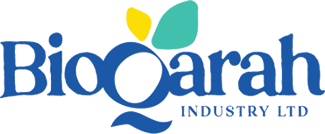To understand your pet nutritional needs very well depends on their: species, age, breed, activity level and health conditions. here is how to ensure they get the right nutrition.
KNOWING THE BASICS OF PET NUTRITION
Dogs and cats: They require proteins, fats, vitamins, minerals and water. Dogs are omnivores, while cats are obligate carnivores
Small animals( rabbits, guinea pigs, e.t.c ) : They need high fibre diets like hay and fresh vegetables.
Birds: They require species specific diets; many need seeds, pellets and fresh fruits/vegetables.
Considering life stage and health needs
Puppies/kittens: Puppies needs more calories, protein and fat for growth.
Protein: 22-32% are essential for muscle growth and overall development e.g chicken, beef, fish or lamb sources.
Fat (8-20%): This provides energy and supports brain development e.g omega-3 and omega-6 fatty acids (fish oil and chicken fat)
Carbohydrates (30-50%): This supplies energy but must come from digestible sources like (Brown rice, sweet potatoes, oats e.t.c
Calcium and Phosphorous: They support bone and teeth development. Ideal ratio is 1.2-1.4 :1 for a balanced bone growth
DHA (Docosahexaenoic Acid): This is a type of omega-3 that aids in brain and vision development. This is found in mother’s milk or fish oil.
Vitamins and minerals: Vitamin A, D, E and B-complex for immune health, metabolism and skin health.
Water: Puppies need plenty of fresh water daily for hydration and digestion.
NOTE: Puppies should eat 3-4 small meals per day until 6months old then transition to twice a day.
Kittens nutritional requirements: Kittens require a diet that is high in protein and fat to support rapid growth
